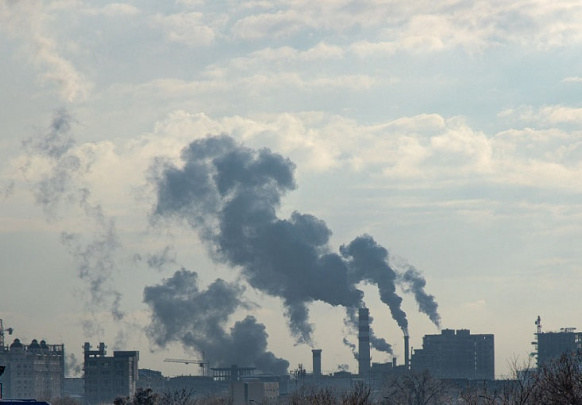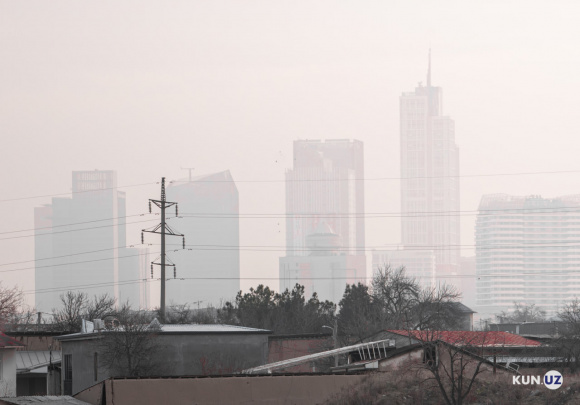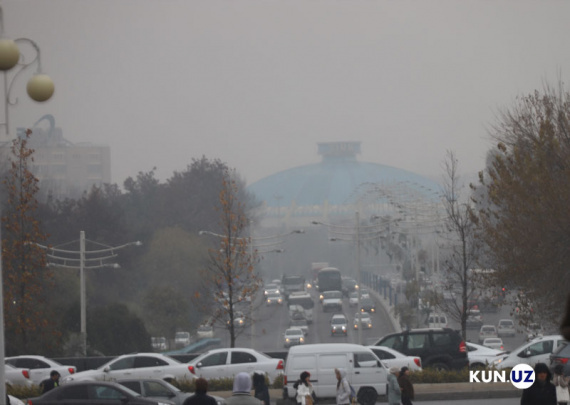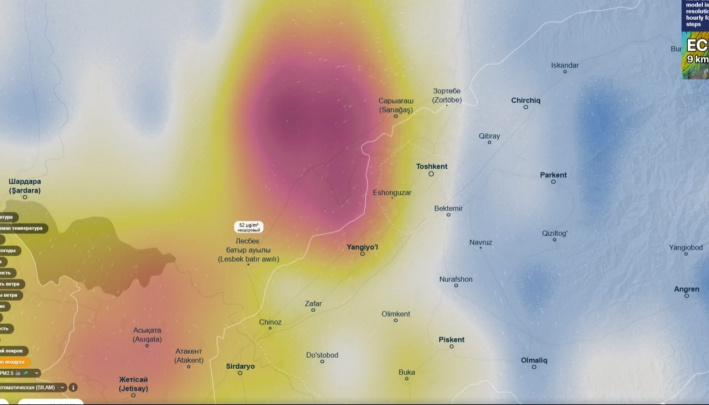UN to help Uzbekistan prevent accidental water pollution
Uzbekistan is one of the world's largest producers of gold and uranium. In the last 40 years, Uzbekistan has built a strong mining industry, which is expected to grow in the years to come, given that only 20% of the country’s territory has been explored to date.

Photo: UNICEF/Pirozzi
The expected growth in the number and size of mines will also lead to an increase in the number of tailings containing by-products of metal mining, which will create risks of water pollution, the UN press service said.
To date, Uzbekistan has 41 tailings management facilities, of which 10 could potentially have transboundary effects. In addition, Uzbekistan is a downstream country that can be affected by accidental water pollution in upstream countries. Strengthening inter-agency and transboundary cooperation is therefore key in preventing accidental water pollution, in the first place, and in mitigating the adverse effects through prompt notification and response, in case of an accident.
In response, Uzbekistan held an inception meeting on 27 April 2023 to discuss the establishment of an inter-institutional working group on tailings safety and the prevention of accidental water pollution (IIWG). With this Uzbekistan would follow Kazakhstan and Tajikistan which both established such a working group formally in 2022.
The objective of the IIWG in Uzbekistan is to serve as a platform for and to improve inter-institutional coordination and cooperation among industrial safety, water, and other relevant authorities and institutions as well as with operators, academia and NGOs on preventing accidental water pollution with potential cross-border effects. Kazakhstan and Tajikistan have held two meetings of their IIWGs to date, resulting in good discussions and trust building among all relevant stakeholders and in concrete actions to take to prevent accidental pollution from mine tailings, as included in the respective workplans of the groups.
The meeting brought together representatives from different national authorities: the Ministry of Natural Resources, Ministry of Mining and Geology, Ministry of Emergency Situations, Ministry of Water Resources, Ministry of Employment and Poverty Reduction, Ministry of Health Care, and the Center for Specialized Analytical Control under the Ministry of Natural Resources.
Jahongir Talipov, Head of the International Cooperation and Projects Department in the Ministry of Natural Resources of Uzbekistan, emphasized the progress Uzbekistan has made to overcome the risks related to hazardous elements and industrial safety threats and stressed that the IIWG would enable Uzbekistan to strengthen national capacity and governance, contribute to the country’s 2030 environmental goals and to work towards accession to the Industrial Accidents Convention, as contained in the Concept of Environmental Protection of the Republic of Uzbekistan until 2030.
Participants reviewed UNECE tools and activities on strengthening mine tailings safety as well as the benefits, challenges and lessons learnt in the establishment of the IIWGs in Kazakhstan and Tajikistan. They also discussed the draft Terms of Reference (ToRs) of the IIWG in Uzbekistan, and all Ministries agreed to provide written comments on these after the meeting. Due to the recent administrative reform and related change of responsibilities, participants agreed to explore two options: the integration of the scope of work of the IIWG into an existing inter-agency working group (e.g. a CBRNE working group) and the establishment of a separate IIWG.
Uzbekistan, while not a Party to the Industrial Accidents Convention, is a beneficiary of the Convention’s Assistance and Cooperation Programme since 2005. As such, Uzbekistan has received support in the form of project activities, trainings, seminars, reports and recommendations to encourage continued implementation of the UNECE Industrial Accidents Convention. Uzbekistan is also a Party to the Water Convention since 2007. Both the Water and Industrial Accidents Convention cooperate closely on the prevention of accidental water pollution, including through their Joint Expert Group on Water and Industrial Accidents.
UNECE supports Uzbekistan in establishing the IIWG, organizing an on-site training at a tailings management facility, and strengthening subregional cooperation, thanks to financial support from the Swiss Federal Office of the Environment.
Related News

14:33 / 19.01.2026
Tashkent to relocate 87 polluting industrial facilities outside the city

13:27 / 14.01.2026
Weather conditions may push air pollution indicators higher in Uzbekistan

15:31 / 08.01.2026
Temperature inversion to keep air pollution high in Uzbekistan until mid-January

12:48 / 23.12.2025




